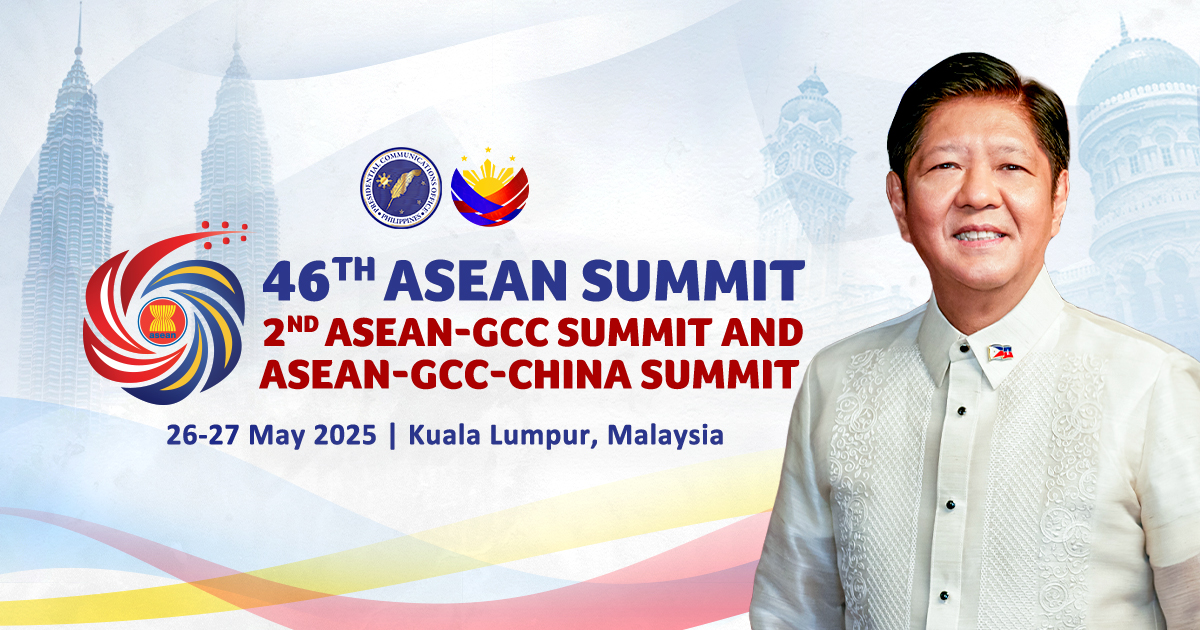Malacañang on Tuesday, November 8, underscored the use of information and communications technology (ICT) in easing traffic congestion in Metro Manila and other highly urbanized areas in the country.
In his message via teleconference at the first ICT Summit, Presidential spokesperson Ernesto Abella said ICT “can provide the necessary intervention” in easing traffic congestion in the metropolis.
Abella said traffic congestion impedes the mobility of people, goods and services and threatens the livability of the country’s cities.
“For example, employees can telecommute, instead of physically travelling and thereby help unclog blocked traffic arteries,” Abella said, noting that telecommuting refers to teleworking, tele-presence, tele-learning. “Through teleworking, the employee utilizes communications and I.T. solutions, so he or she can work from home or an alternative worksite as they would in the traditional workplace,” Abella said. “Through tele-presence, small groups can have face-to-face meetings through video conferencing and remote presence technology,” he added.
As for tele-learning, Abella said public schools and government learning centers can allow students and faculty to hold classes and school activities without being physically together on campus.
“This is especially helpful for community-based learning, TESDA courses and continuing adult education,” he said.
Abella meanwhile lauded the efforts of the Department of Information and Communications Technology (DICT) in facilitating and accelerating public access to the internet by expanding the broadband structure throughout the country, ensuring connectivity and lower cost for high-speed remote and mobile access.
The Palace official likewise underscored the importance of public-private partnership and a public policy-enabling environment in promoting the concept of telecommuting.
“For example, the private sector in partnership with the government sector aim to develop and provide ICT solutions, lasting systems, ICT-based traffic management, parking management, carpooling, installation of high-speed Wi-Fi zones along congested roads,” Abella said. “These incremental efforts mitigate the traffic crisis as government continues to expand and improve the road network and public transport of the country,” he said.PND


















